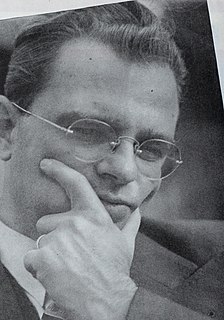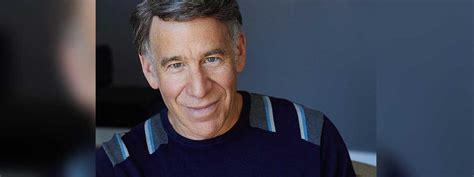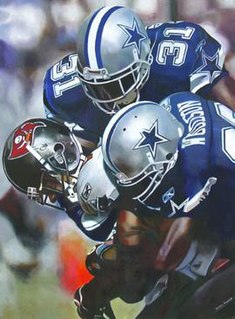A Quote by Joshua L. Liebman
Self-understanding rather than self-condemnation is the way to inner peace and mature conscience.
Quote Topics
Related Quotes
When hard times come, the greatest danger does not necessarily lie in the circumstances we face, but rather in the way we treat ourselves at the time. Nothing is more dangerous than self-hate. Nothing makes it more difficult to heal or to find the grace of peace than self-attack and the agony of self-doubt.
We can work on inner peace and world peace at the same time. On one hand, people have found inner peace by losing themselves in a cause larger than themselves, like the cause of world peace, because finding inner peace means coming from the self-centered life into the life centered in the good of the whole. On the other hand, one of the ways of working for world peace is to work for more inner peace, because world peace will never be stable until enough of us find inner peace to stabilize it.
Introspection is self-improvement and therefore introspection is self-centeredness. Awareness is not self-improvement. On the contrary, it is the ending of the self, of the “I,” with all its peculiar idiosyncrasies, memories, demands, and pursuits. In introspection there is identification and condemnation. In awareness there is no condemnation or identification; therefore, there is no self-improvement. There is a vast difference between the two.
What is God-given is called nature; to follow nature is called Tao (the Way); to cultivate the way is called culture. Before joy, anger, sadness and happiness are expressed, they are called the inner self; when they are expressed to the proper degree, they are called harmony. The inner self is the correct foundation of the world, and the harmony is the illustrious Way. When a man has achieved the inner self and harmony, the heaven and earth are orderly and the myriad of things are nourished and grow thereby.
All you need is already within you, only you must approach your self with reverence and love. Self-condemnation and self-distrust are grievous errors. Your constant flight from pain and search for pleasure is a sign of love you bear for your self, all I plead with you is this: make love of your self perfect. Deny yourself nothing -- glue your self infinity and eternity and discover that you do not need them; you are beyond.
When we descend all the way down to the bottom of loss, and dwell patiently, with an open heart, in the darkness and pain, we can bring back up with us the sweetness of life and the exhilaration of inner growth. When there is nothing left to lose, we find the true self - the self that is whole, the self that is enough, the self that no longer looks to others for definition, or completion, or anything but companionship on the journey.
The daimonic refers to the power of nature rather than the superego, and is beyond good and evil. Nor is it man's 'recall to himself' as Heidegger and later Fromm have argued, for its source lies in those realms where the self is rooted in natural forces which go beyond the self and are felt as the grasp of fate upon us. The daimonic arises from the ground of being rather than the self as such.




































